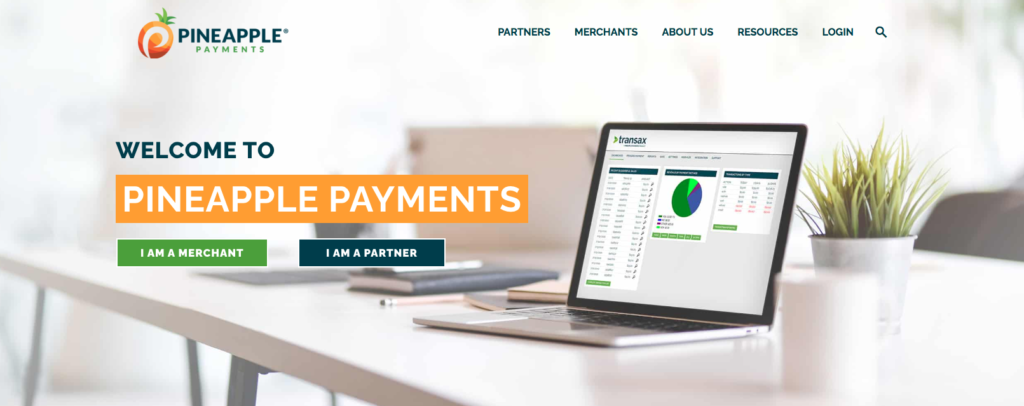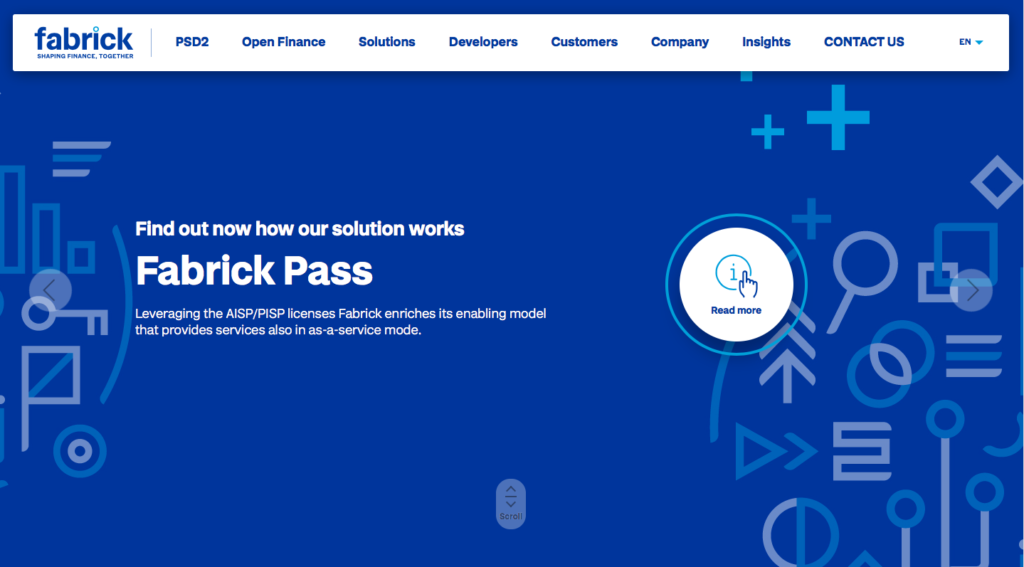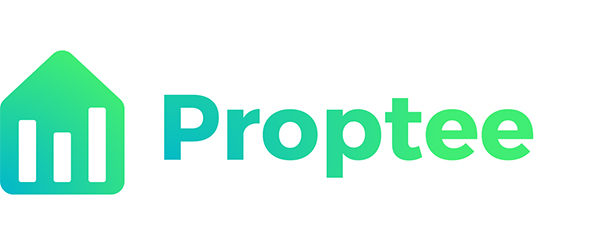
Walgreens announced this week it will launch a new bank account offering. The pharmacy chain, in partnership with InComm, is launching a Mastercard debit card to pair with both a mobile banking app and in-person service.
Here are a few things to know about the new accounts:
Available both on mobile and in-person
Unlike most digital banks that have launched in recent years to challenge incumbent banks, Walgreens’ new account will serve users in person. By the second half of this year, the bank plans to serve its client base at nearly 9,000 stores. As of now, there is no word on what specific services will be available in-store vs. online but it is clear that account onboarding will be available through both channels.
This differentiating factor places the “Bank of Walgreens” at a significant advantage for two major reasons. First, 78% of Americans live within five miles of a Walgreens or Duane Reade store. That makes for easy access, especially in rural communities where banks are closing their doors but cash usage is still prevalent. Second, because of the foot traffic into its stores, Walgreens has a built-in potential client base to whom it can freely advertise.
In addition to in-person services, users will also have the option to manage their account in a mobile app. Walgreens has tapped InComm’s banking-as-a-service platform to create a modern digital experience.
Geared toward an older audience
Because the elderly population tends to need prescription refills on a regular basis, they tend to visit pharmacies more often. Given the demographic of this foot traffic, combined with the fact that 20% of Walgreens’ app users are 55 years of age and older*, Walgreens will likely target a more senior audience as banking clients.
The target market will truly differentiate Walgreens’ bank accounts from the myriad of digital banks that have launched in the past few years, many of which target Generation Z.
Tied into Walgreens’ existing rewards program
Launched last November, the myWalgreens customer loyalty program offers users 1% in-store credit in return for every dollar they spend on typical items and 5% in-store credit for every dollar spent on Walgreens branded products. Walgreens’ new debit card will enable users to more seamlessly earn and spend these rewards.
*according to a 2017 study.


























